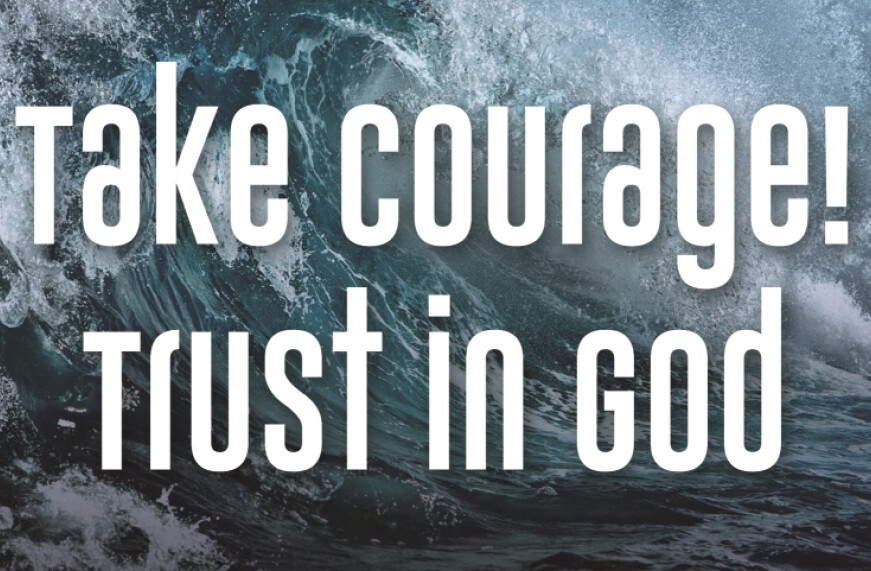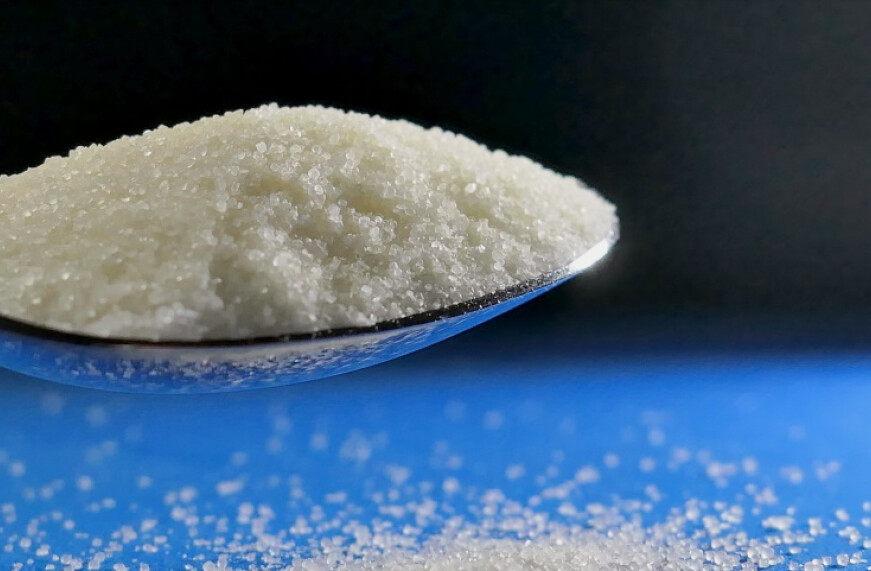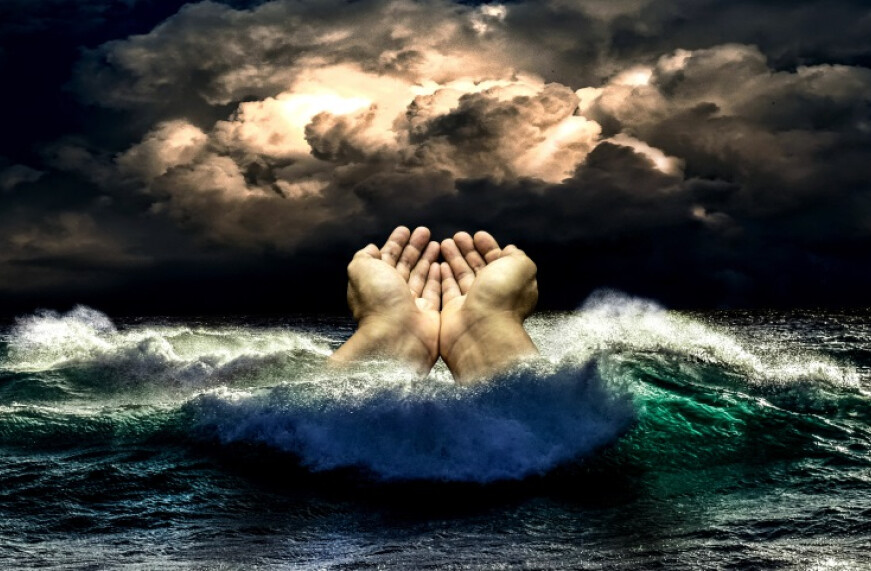Starting from Zero Again and Again

This year, due to the coronavirus, we had to wait until the gradual reopening process allowed us to celebrate our Baccalaureate Mass for our eighth grade class. Even with the Mass, attendance was limited to parents only. As I thought about the limitations we are working under, and my belief they are here to stay for an extended period of time, I was contemplating what the average Catholic psyche is right now.
This tragedy of the pandemic, has unfolded like a slow moving accident. If an asteroid would have hit our planet, we would have all responded quickly and in unity. But with the nebulous spread; broad, yet unsubstantiated restrictions, and unproven reopening, I am not sure what everyone is feeling. In a recent poll taken, well over half of Catholics do not yet feel comfortable attending public Masses, even with the accommodations. The haunting question is when will they? I borrowed the title of this reflection from an article I read a while back. It was from a young missionary, who described her experience of learning Spanish in Bolivia, re-learning the dialect in Peru, and having to learn administrative skills in her new job. She remarked on how she had to adjust to starting over again and again.
Maybe that captures our feelings best. In this atmosphere, more than ever, we ask ourselves, is God in control? If we answer ‘yes,’ we approach each day with confidence and joy. If we answer with doubt, we approach each new day with fear and trepidation. This young missionary put her complete trust in God in a new country, with a foreign language, and an insufficient skill set. She now has friends, speaks the language, and leads with confidence. Our situation is not even near as complex, can you put all your trust in God, starting today?


